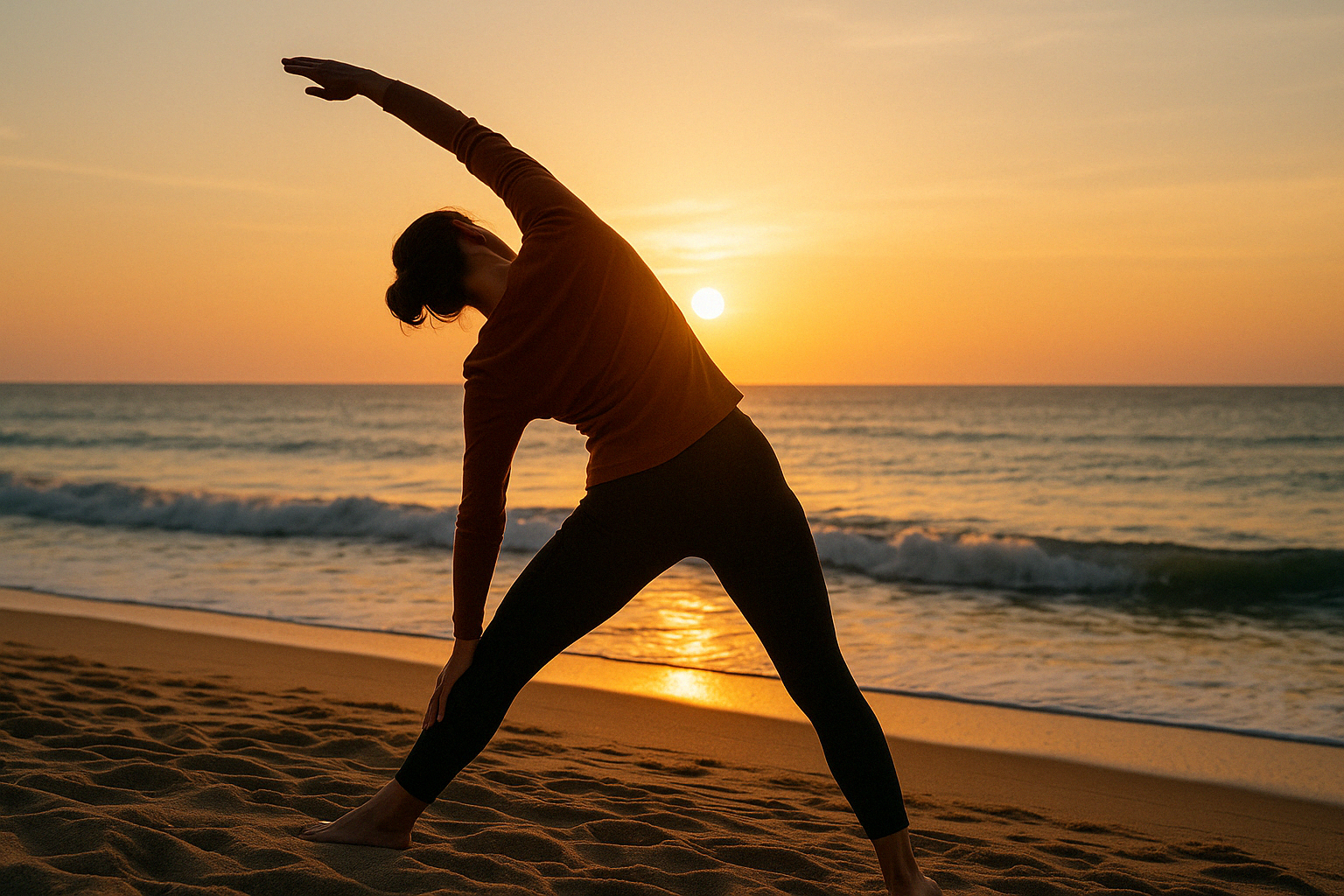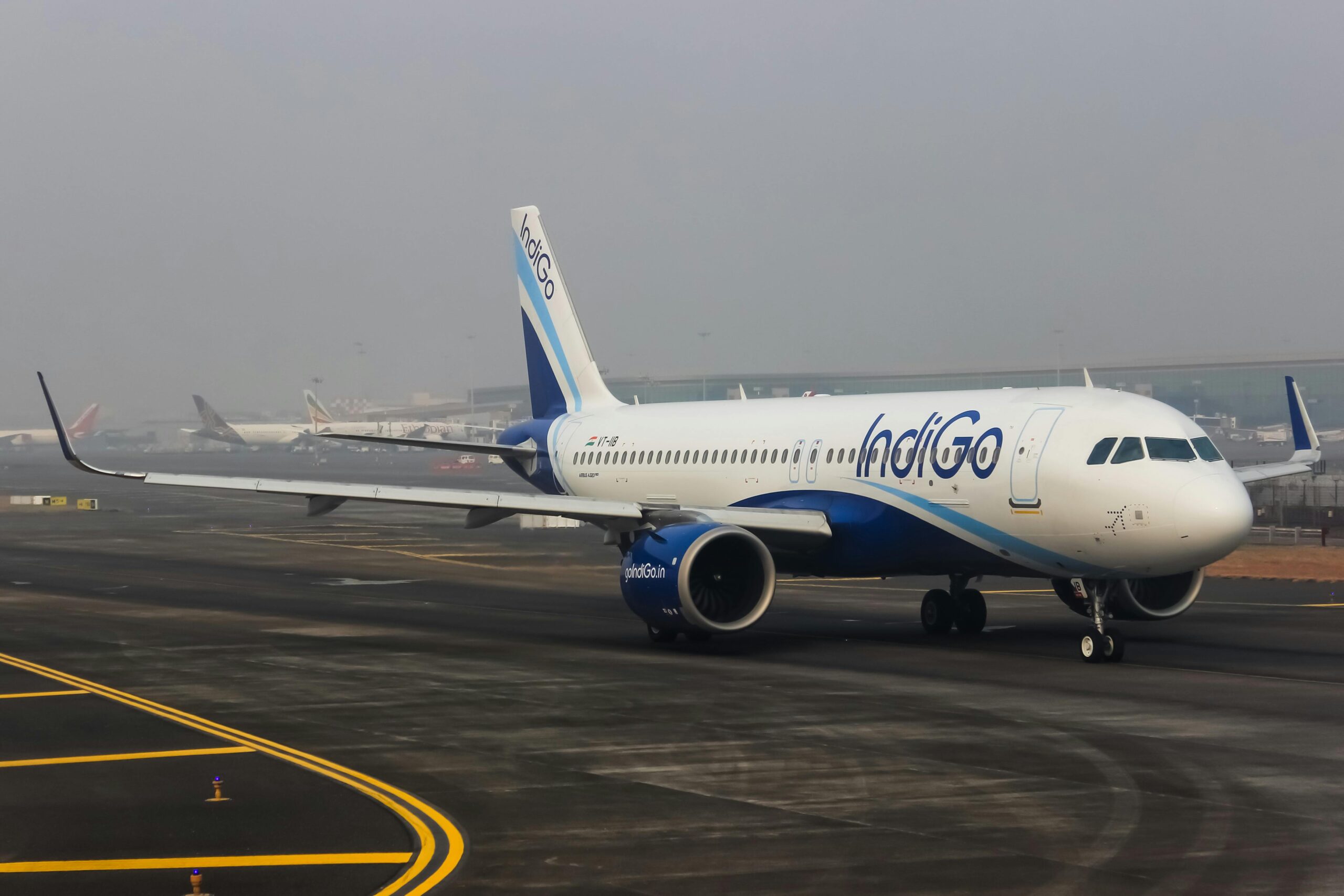You’ve landed in paradise—beaches, mountains, or city skylines await—but your body’s stuck in another time zone. Enter jet lag: that groggy, foggy feeling that turns dream vacations into energy-drained marathons. The good news? You can outsmart it. With a few strategic biohacking techniques, you can reduce or even avoid jet lag altogether. Welcome to the science-backed world of jet lag biohacking tips.
Jet lag happens when your circadian rhythm—your internal clock—is thrown off by rapid travel across time zones. Symptoms include insomnia, fatigue, digestive issues, and irritability. But modern travelers aren’t helpless. By syncing your biology with your itinerary, you can reclaim your energy and make the most of every moment abroad.
Your circadian rhythm controls your sleep-wake cycle, hormone levels, body temperature, and digestion. When you cross more than two time zones quickly, this rhythm gets confused. The result? Jet lag. Knowing how to manipulate your biological clock with smart habits and technologies is the essence of jet lag biohacking.
Jet lag prevention starts before you even take off. Here’s how to prime your body for a smoother transition:
- Shift your schedule: Start adjusting your sleep and meal times 2–3 days before departure to align with your destination.
- Hydrate aggressively: Dehydration amplifies fatigue. Drink at least 2–3 liters of water in the 24 hours leading up to your flight.
- Avoid alcohol and caffeine: Both disrupt sleep and increase dehydration.
- Get sunlight early: Morning light helps reset your circadian rhythm—especially if you’re flying eastward.
- Take magnesium: A natural relaxant that aids sleep and reduces inflammation.
Long flights don’t have to leave you wiped. Use your time in the air wisely with these biohacks:
- Wear compression socks: Prevent swelling and promote circulation during long-haul flights.

You’ve arrived! Now it’s time to help your body catch up fast with these ground-level strategies:
- Seek natural light: Spend your first few hours outdoors. It’s the most powerful circadian reset tool available.
- Move your body: A brisk walk or workout helps reset your internal clock and reduce inflammation.
- Eat at local meal times: Aligning your food schedule to your destination helps sync digestion and hormones.
- Try grounding: Walking barefoot on grass or sand may reduce inflammation and improve sleep via electron exchange with the earth (yes, really).
- Use adaptogens: Supplements like ashwagandha or rhodiola help manage travel stress and support energy balance.
Light is your circadian rhythm’s primary cue. Here’s how to use it wisely:
- Traveling east: Expose yourself to morning light at your destination and avoid light late at night.
- Traveling west: Get bright light in the late afternoon and avoid early morning exposure.
- Try a light therapy lamp: A 10,000 lux lamp for 15–30 minutes can speed up adjustment.
Sleep is the battlefield where jet lag wins—or loses. These biohacks improve sleep quality at any time zone:
- Use a sleep mask and earplugs: Control your sleep environment regardless of hotel noise or time differences.
- Stick to a wind-down routine: Read, meditate, or stretch to signal your body it’s time to sleep.
- Take glycine: An amino acid that supports deep sleep and body temperature regulation (3 grams before bed).
- Don’t nap too long: Keep naps under 30 minutes to avoid further circadian disruption.
Timeshifter app: Uses circadian science to create personalized anti-jet lag plans.
Oura Ring or Whoop Band: Track sleep quality, HRV, and recovery to adjust your schedule accordingly.
Re-Timer glasses: Wearable green light therapy to help shift your internal clock.
Red light therapy: Evening sessions can help improve sleep quality and cellular recovery.

Have you tried any jet lag biohacking tips on your travels? What worked—or didn’t? Share your favorite hacks in the comments and help fellow globetrotters maximize their energy and enjoyment abroad!
Follow us on social media for more travel wellness tips, flight recovery strategies, and global insights into hacking your travel lifestyle.
Jet lag doesn’t have to derail your adventures. By using smart biohacking strategies before, during, and after your flight, you can keep your energy high, your focus sharp, and your body aligned with your destination. These jet lag biohacking tips aren’t just trends—they’re travel game-changers.
So go ahead—book that red-eye, cross continents, and wake up ready to explore.
Catch up on the top stories and travel deals by subscribing to our newsletter!












Leave a Reply